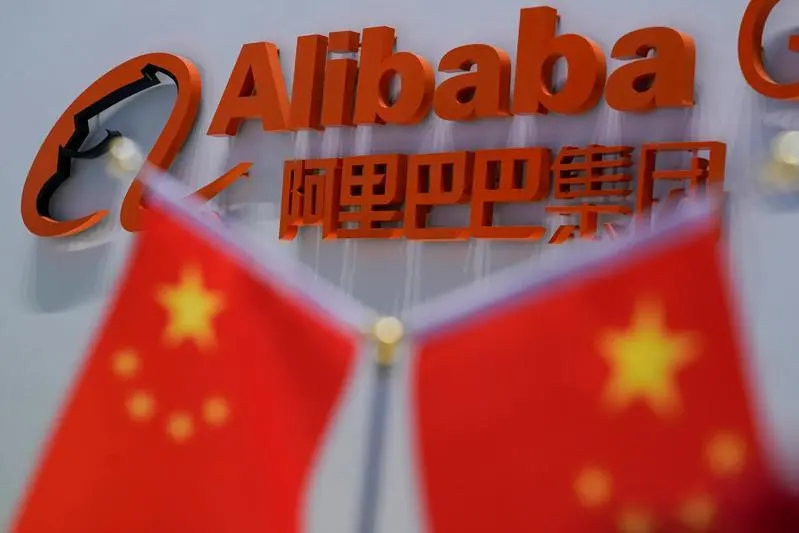PHOTO
(The author is a Reuters Breakingviews columnist. The opinions expressed are her own.)
HONG KONG - China's most censored internet company has bigger concerns than Beijing. Weibo, the country's answer to Twitter, is a frequent target of regulatory crackdowns thanks to its sway over public opinion. Executives have mostly handled that with aplomb. The company’s relationship with Alibaba is a worse thorn in its side.
Weibo has 573 million monthly active users, less than half of Tencent's WeChat. The microblog’s influence is outsized, though, as it’s the preferred outlet for many government departments, companies and celebrities; netizens rely on it for current affairs, the latest trends and more.
The 12-year-old company has mastered purging content. After officials recently criticised "chaotic" celebrity culture, Weibo took down anything that could be deemed immoral and vulgar. Meanwhile, third-quarter advertising sales jumped 29% year-on-year, beating Tencent’s 5% ad growth. Weibo’s shares are down 16% this year, outperforming a 40%-plus slide in the CSI Overseas China Internet Index.
The Hong Kong secondary listing executives are readying should help placate authorities worried about New York-traded Chinese firms handing sensitive data to U.S. officials. The offer price of HK272.80 ($35.01) per share values Weibo's Hong Kong stock at an undemanding 10.4 times the average forecast 2022 adjusted earnings, per Refinitiv.
Weibo's awkward relationship with the $330 billion Alibaba, though, is a huge headache. The e-commerce giant founded by Jack Ma, who has had a fraught relationship with Beijing for years, is a major ad buyer on the microblog and is its second-largest shareholder with an almost 30% stake. Government officials have become increasingly wary of Alibaba's media clout. In 2020, regulators called out and penalised Weibo for "interfering with online communication order, disseminating illegal information" among other things, following complaints Weibo censored posts about a former Alibaba executive's alleged extramarital affair, possibly to please its owner-client.
Such conflicts of interest are bound to attract regulatory scrutiny and public backlash. Alibaba could shed more media assets like its stake in a broadcaster it recently divested. And in July, Reuters reported boss Charles Chao was in talks to take Weibo private to help its major backer exit. Alibaba is not, however, selling any Weibo shares in the upcoming listing. Its holding is increasingly becoming a hangover for other shareholders, and a problem for Weibo and Alibaba, too. Offloading them would be a politically savvy move.
CONTEXT NEWS
- Chinese social-media company Weibo announced on Dec. 2 that it has priced shares at HK$272.8 ($35.01) each in a Hong Kong secondary offering worth $385 million.
- The company plans to sell 5.5 million new shares, while its controlling parent Sina will sell 5.5 million existing shares. The offer price is a 2.7% discount to Weibo’s closing price in New York on Dec. 1.
- Weibo Chairman Charles Chao had plans to team up with a state-backed investor to take the U.S.-listed company private as part of Beijing's drive to have Alibaba divest its media holdings, Reuters reported in July, citing sources. Weibo denied those plans.
- As of September, Alibaba owned a 29.6% stake in Weibo, and 15.7% of the vote, according to Weibo’s listing prospectus.
(The author is a Reuters Breakingviews columnist. The opinions expressed are her own.)
(Editing by Antony Currie and Katrina Hamlin) ((For previous columns by the author, Reuters customers can click on MAK/ SIGN UP FOR BREAKINGVIEWS EMAIL ALERTS https://bit.ly/BVsubscribe | robyn.mak@thomsonreuters.com; Reuters Messaging: robyn.mak.thomsonreuters.com@reuters.net))





















